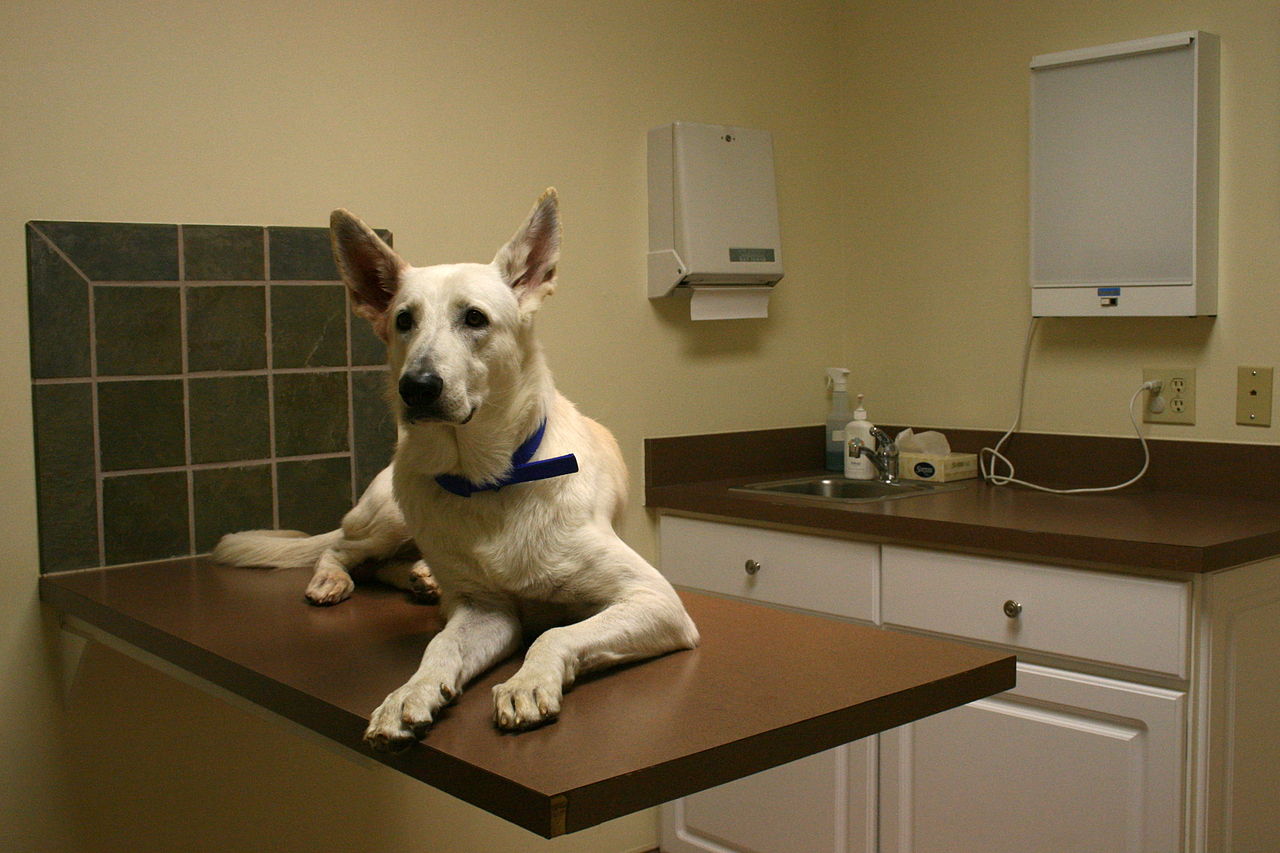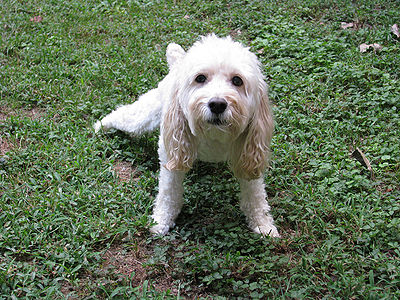While cats are usually more discerning, dogs will eat and drink almost anything. If you live or walk your dog near a pond, lake, river, stream, there could be bacteria, parasites, chemicals and a host of other dangers in those waters. The waters may appear innocuous, but there could be perils lurking in them.
We humans are warned to boil water taken from natural sources before drinking or using for cooking. After all, wild animals often poop and urinate in them. Those same nasties (such as E.coli, Leptospirosis)that affect us pose a health problem for your pet. Dogs whose immune systems are comprised are at even greater risk for infection and disease.
E.coli is a bacterial, zoonotic disease. It can be transmitted to us by our dog or cat and vice versa.
Leptospirosis is another zoonotic bacteria usually found in stagnant or slow moving waters.
Giardia is a parasite affecting the intestinal tract. Humans with immune related problems can be at risk for picking this up from a pet.
Blue-green algae floating on water may be detected by a foul smell. Toxic to both dogs and humans, it can be life-threatening if ingested.
Salt water can cause an imbalance in electrolytes leading to dehydration. Ocean waters can also contain pesticides, gas, oil and other nasties.
When you and your dog go walking along any of these water sources, it can be very difficult to prevent a thirsty dog from drinking. But please stop your pet as soon as possible. If you can’t purify the water for drinking, make sure to carry a good supply of fresh bottled water with you for both you and your dog.
While not all natural water sources are contaminated, it’s not worth taking a risk. If your pet does drink from any outdoor water sources and shows signs of illness, contact your vet immediately.
For more information on Leptospirosis, Giardia, toxic algae, salt water ingestion, please refer to our articles on these subjects.


